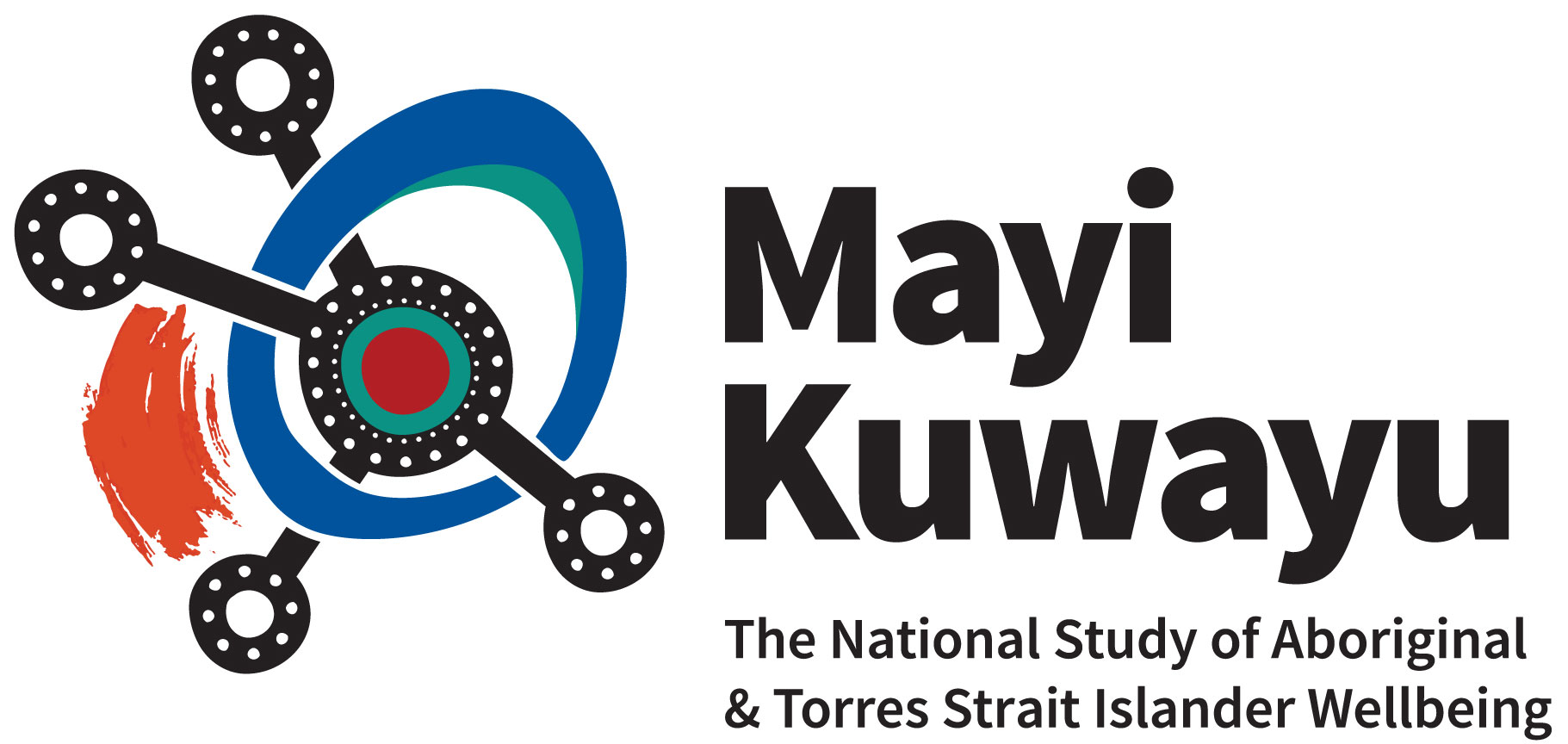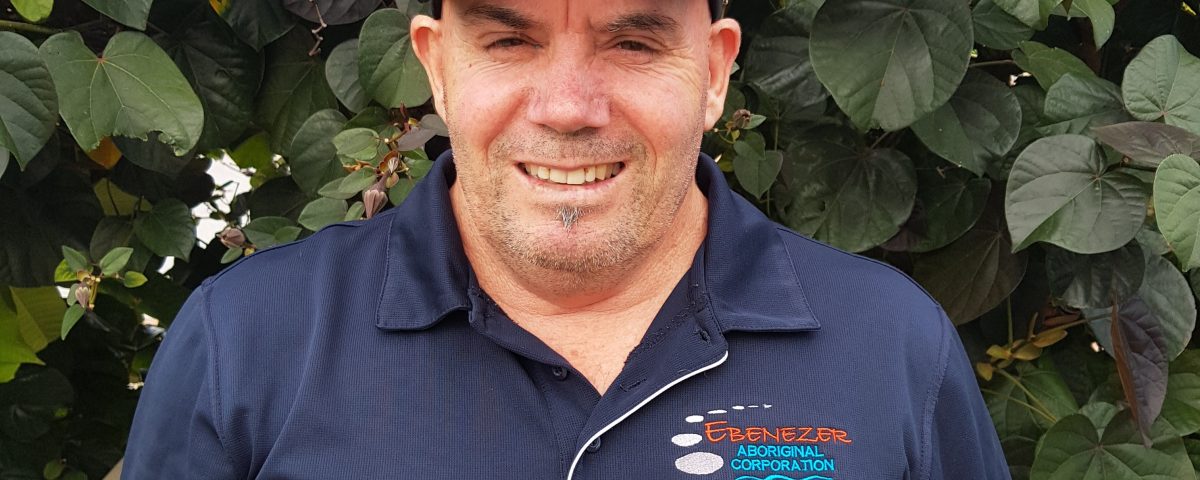March 2020 Newsletter

January/February 2020 Newsletter
February 26, 2020The Guardian Australia
April 9, 2020Keeping our communities safe
Right now, we are facing unprecedented challenges. We acknowledge the current stresses on our partner organisations and their communities around Australia. Our primary concern is to keep our communities safe in these extraordinary times.
In response to COVID-19, Mayi Kuwayu has cancelled all planned community visits. We are still very much open for business and continue to urge all Aboriginal and Torres Strait Islander peoples aged 16 and over to be part of the MK Study. Now, more than ever, we need the data that shows how connection to culture affects health and wellbeing.
We also want to reiterate that Mayi Kuwayu is a longitudinal study and our work will continue. The survey can be completed online any time at https://mkstudy.com.au/the-survey/. We are available to take your calls on our freecall phone line 1800 531 600, or you can contact us by email mkstudy@anu.edu.au, or via our Facebook page. Our focus now is to keep Mayi Kuwayu operational, and support our people in any way we can.
The Mayi Kuwayu community is strong and resilient, and our research focus is on long-term outcomes. With your help, we can continue to empower and protect communities for the future.
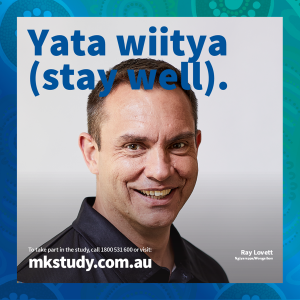
………………………………………………….
Community news
Despite heavy rain and rough seas in early March, community researcher Nadine Hunt was able to spend a few days on Thursday Island, where she worked with MK ambassador and community worker Elsie Seriat on how best to promote the Study in the Torres Strait. The pair visited Torres Strait Islander Media Association Radio Meriba Wakai, where they spoke to Jenni Enosa and Anthony Geagea.
Below: Elsie Seriat, Anthony Geagea of Radio ‘4 Meriba Wakai’ (4MW), and Nadine Hunt.
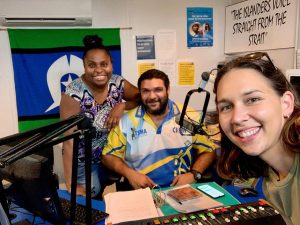
………………………………………………….
Ebenezer gets the job done
Martin Smith, CEO of Ebenezer Aboriginal Corporation, reports on his experience of getting participants involved with Mayi Kuwayu in the suburbs of Perth.
“The work was extremely challenging, but also very rewarding,” Martin said. “The surveys provided me with an opportunity to visit my homelands, reconnect with my family and meet other Aboriginal people who have moved into the Great Southern Region. In the Perth area, many of our people were happy to participate in the surveys and wanted to know how this survey could make a difference for our people.
“The theme ‘Our cultures count’ struck a chord with many of the mob, and the surveys provided our people with an opportunity to tell their story. Many of the participants reflected back over their journey and identified the importance of culture in their health and wellbeing.”
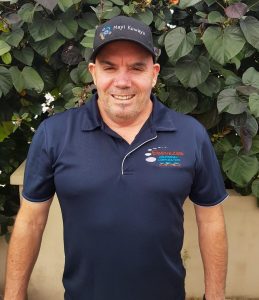
………………………………………………….
Close the Gap report
On March 19, the Lowitja Institute launched the 2020 Close the Gap report. The theme, We nurture our culture for our future, and our culture nurtures us, reflects on the relationship between culture and wellbeing, and how vital that link is for Aboriginal and Torres Strait Islander empowerment.
The featured case studies, including Mayi Kuwayu, were selected to highlight Aboriginal and Torres Strait Islander-driven approaches to health policy and program reform. You can download the report from the Australian Human Rights Commission website, link below. Ray Lovett’s interview on Mayi Kuwayu is on page 26.
You can read the report here.
………………………………………………….
MK responses
As always, thank you to the work of our partners, collaborators, ambassadors and community members in continuing to engage with the Mayi Kuwayu Study. In times of uncertainty it is heartening to see how invested in our work our communities are.
